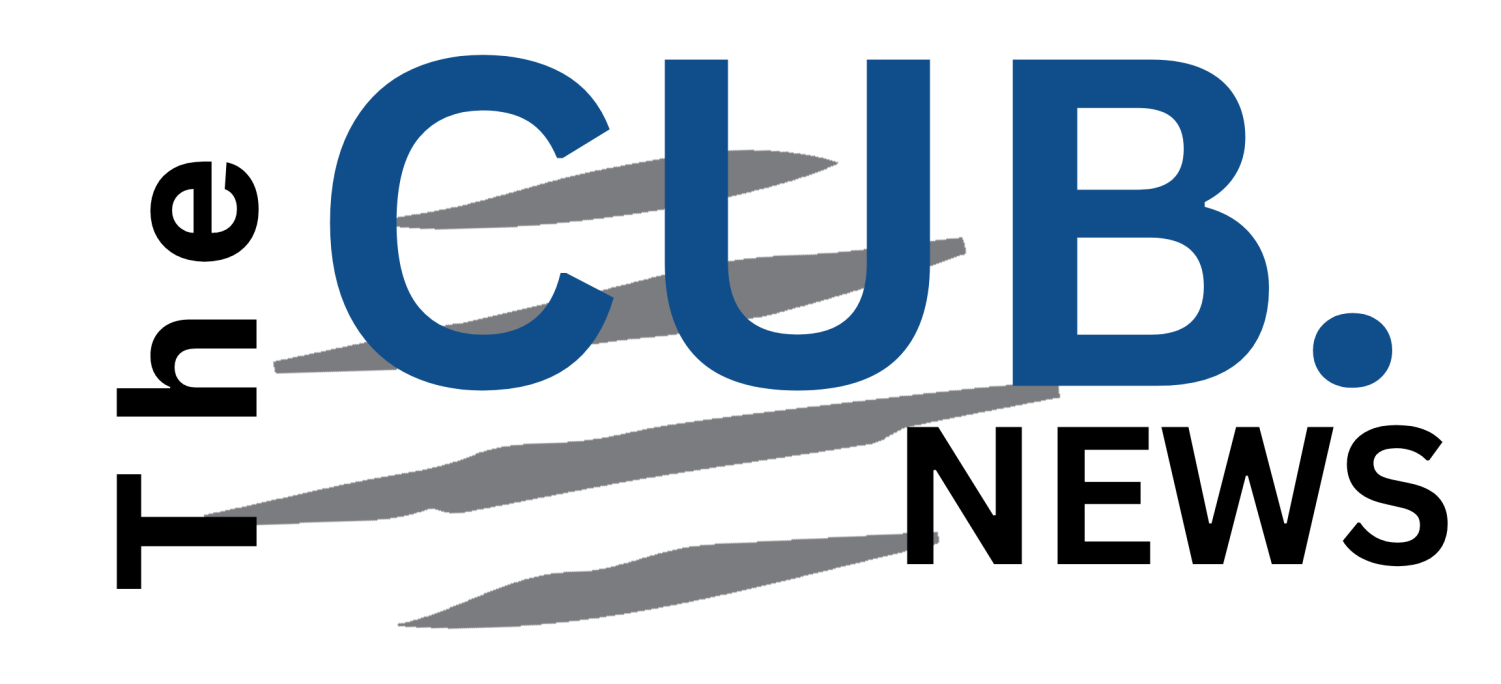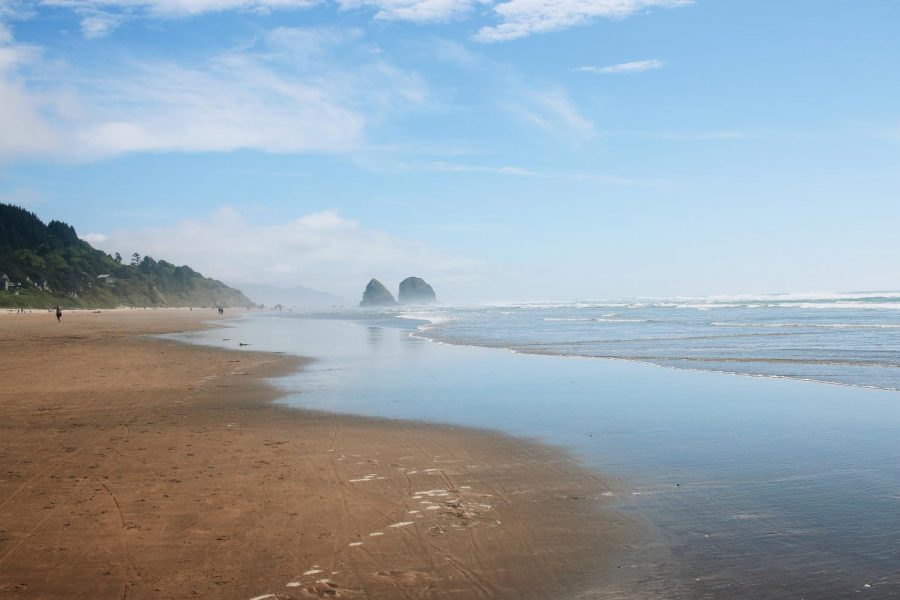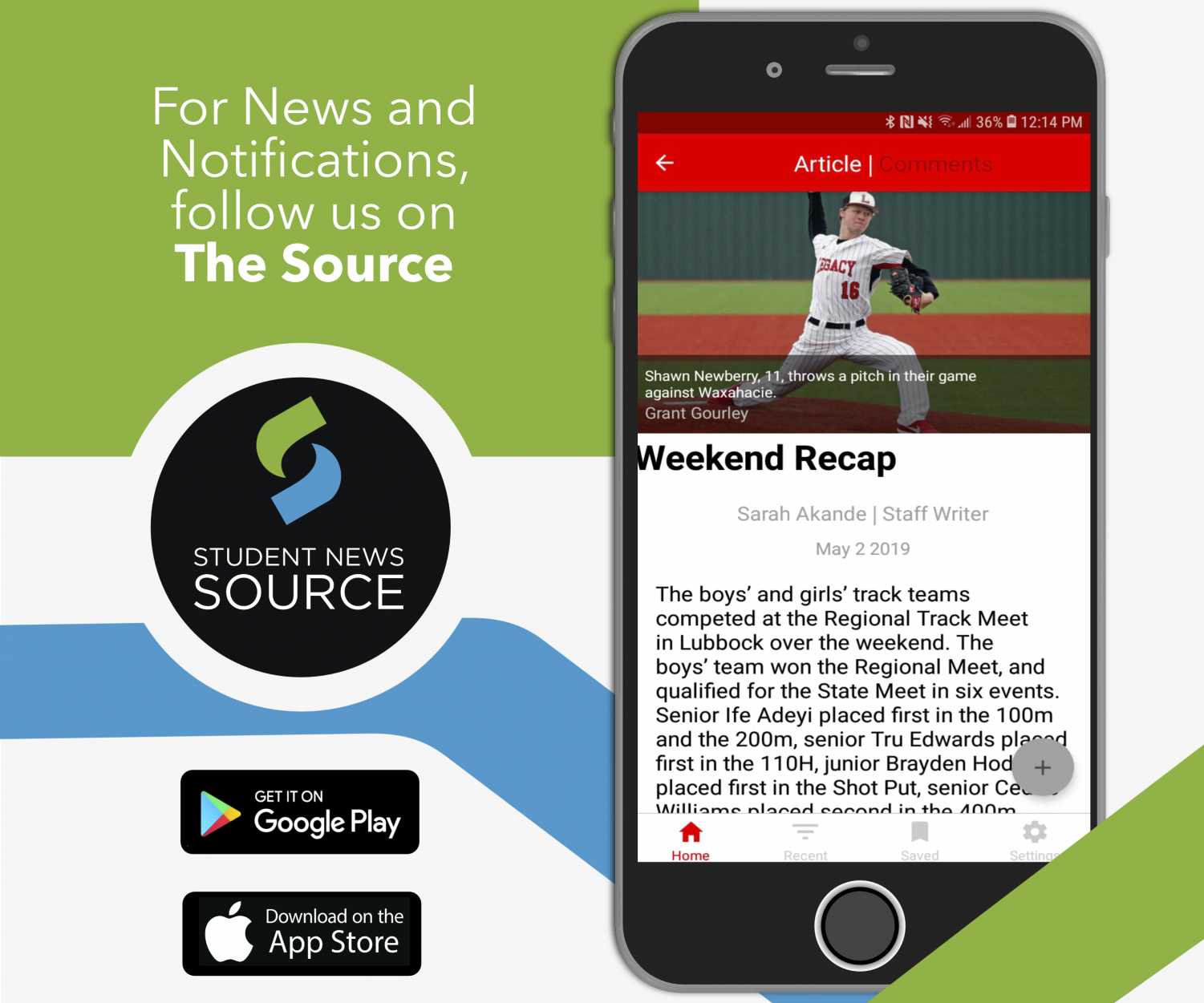Gap Year: Gutsy or Gainful?
June 7, 2019
Most students have experienced the brain fog that seems to cloud their thinking during the first few weeks of school. It can take days to weeks to months to recover from the shift of laid-back summer break to the demands of school, and they spend weeks on reviews from prior years and classes. This loss of academic skills and knowledge over the course of vacation is called summer learning loss; nicknamed “summer slide”.
According to NWEA (Northwest Evaluation Association, a non-profit organization) and their 2015 MAP Norms for Student and School Achievement Status and Growth, in the summer following third grade, students lose nearly 20 percent of their school-year gains in reading and 27 percent of their school-year gains in math.
But by summer after seventh grade, students lose, on average, 36 percent of their school-year gains in reading and 50 percent of their school-year gains in math. These trends show summer learning loss increases with age through elementary and middle school.
Summer doesn’t automatically mean learning loss however, and there are plenty of way to continue learning during the break. READ!!! Reading is a foolproof way to help you retain your skills and even improve on them. You can visit your city library and even participate in library activities, like reading competitions or bookmark creation challenges.
Try reading a book with friends; discuss the message, why you do or don’t like it or the author’s utilization of style. You can even keep a journal or write short stories.
Although reading is important, in most cases your math skills are the most affected. Prevent the “slide” by utilizing math websites such as Khan Academy or IXL. Even reviewing past math notes can help.
Unfortunately, this approach does not work for everyone. According to a research article published by the Wiley Online Library, there are even greater learning loss between middle-class and poor students, as well as between different racial and ethnic groups.
Despite worries of teachers actively disadvantaging students, the study revealed that most of the “achievement gap” occurs during the summer months.
This creates a new issue- how do we help students who don’t have access to learning materials outside of school? As Sedro-Woolley high school has no summer school, people in the community and school staff should look for opportunities to have summer learning labs or activities open to any student.
Another option for students who cannot afford tutoring or outside material include Central Skagit Library which is currently open on 802 Ball Street, and a new city library is being built at 100 W State Street.
As seniors approach graduation, they also face a predicament- college, a gap year or no college at all. A gap year is a period, typically a year, taken by a student as a break between high school and higher education.
“I took a year off of school to work in the field I was planning to get my degree in,” Holly Logsdon Rinne, a single mother of three said about her gap year experience. “I took a ‘gap year’ right after I graduated high school. I decided to work for a while before heading to college (against my parents’ advice,)” Rinne said.
Rinne found her ex-husband, Jason Rinne, during her gap year and started a family. She attempted to resume college, but it was too difficult with two toddlers and a baby.
“I believe that the decision of whether or not to take time off of school depends solely on the person. Some people are able to take a break from their education and go back a year or two later without it affecting their ability to succeed at their educational goals. For others, taking time off makes actually going back and picking back up where they left off much more difficult,” Rinne said.
Gap years have many pros and cons, such as clarifying your personal goals, ‘recharging your batteries’ and studies have shown gap students perform better in college. Some disadvantages can be the stress of planning your life, loss of motivation and potentially needing to reapply for financial aid.
“If you are able to bounce back after a sabbatical, then maybe it is the right choice. But if you come back after a week of vacation and have forgotten everything you learned the week before, then maybe a break is not in your best interest,” said Rinne. She adds that she believes the main goal in life is to continue being educated and learning. “Having a degree takes you so much farther in life, and I believe, makes you a lifelong learner.”



